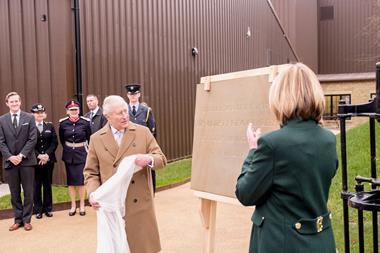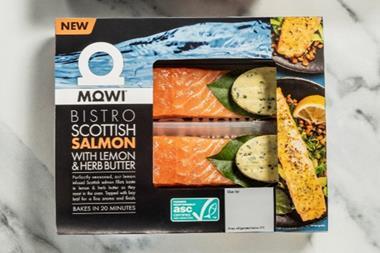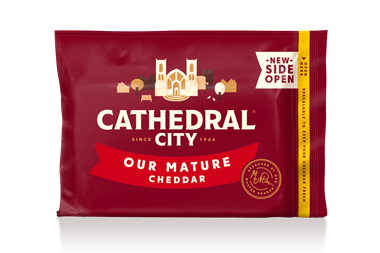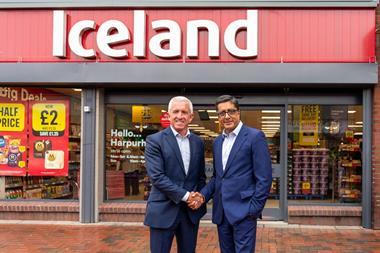Even the mightiest giants of grocery have weaknesses that independent traders can exploit. Self-styled retail guru Mary Portas tells Rob Brown how
There’s something about Mary.
Anyone who has watched her in Mary Queen of Shops will have marvelled at the way she strides into ailing businesses on those impossibly high heels, quickly sizes up the scale of the problem and helps effect the most amazing transformations – even when the most intransigent of participants are involved.
Her secret is not that she pulls no punches – though she is brutally frank if she needs to be – it’s that she empathises with the people she’s helping and, crucially, helps them to help themselves. Now, they are not the only ones who will benefit from her pearls of wisdom.
With Skillsmart Retail, the former Harvey Nichols creative director has devised a series of masterclasses intended specifically to arm independents with the weapons to not just survive, but thrive.
Those who attend the classes (see boxout), which take place at the National Academy for Retail Skillshops and started this month, shouldn’t expect an easy ride, Portas warned in an exlusive interview with The Grocer at the launch of The Mary Portas Guide to Successful Retailing last week.
A council estate shopkeeper whose shoppers are deserting it for the nearby Aldi or Lidl is “doomed” unless they give themselves a point of difference, she says bluntly. “They need to redefine themselves. They need some vision and to say: ‘we can’t keep playing in the way that we have before’,” she said. “What I would say to them is, ‘what could you be?’.”
There is no better way to focus the mind than thinking about how your business would fare against the might of one of the big four, she adds. “There’s a real case for asking: ‘what would I be as a business if Tesco did come down my road?’. That takes vision and that’s often the most difficult thing for an independent retailer to find.Their biggest downfall is often that they’re doing what they were doing 20 or 30 years ago. But the world has changed.”
Many fail to realise they can offer what supermarkets so often lack – passion, knowledge of their products and a sense of community, argues Portas. “Tesco is just there to deliver a product – there’s no service, there’s no knowledge, there’s no social experience,” she says. “What it comes down to more than anything is understanding what a great level of service is and what consumers love. It all comes down to that vision.”
Portas searches for an example to illustrate her point, and finds something close to her heart. She describes the wine she served when she celebrated her recent civil partnership with Grazia fashion features editor Melanie Rickey – a Côtes du Rhône produced by an English couple who had upped sticks and bought a vineyard.
“When I open a bottle, I like telling the story of the wine to the people I’m giving it to,” she says. “That storytelling is a very important thing about retailing.”
Mary adds that she will never buy her wine from a supermarket, where she’s more likely to get a shrug than a story from staff.
“Knowledge is vital, yet most don’t have that knowledge of the product, and consumers are saying ‘I’m sick of this’. The only way for the independents to compete is through knowledge – like the butcher that knows every cut of meat or the fruit and veg girl that knows her products inside out.”
Armed with knowledge, David can take on Goliath, says Portas – and come out on top.
The gospel according to Mary
Vision: Establish differentiation from the competition
Business factors: Firmly grasp retail fi nance and business planning
The customer: Identify the market and its needs
Service: Provide an excellent shopping experience
Create desire: Wow with visual merchandising
Marketing: Spread the word without spending the earth
Teamwork: Take your team with you



















No comments yet